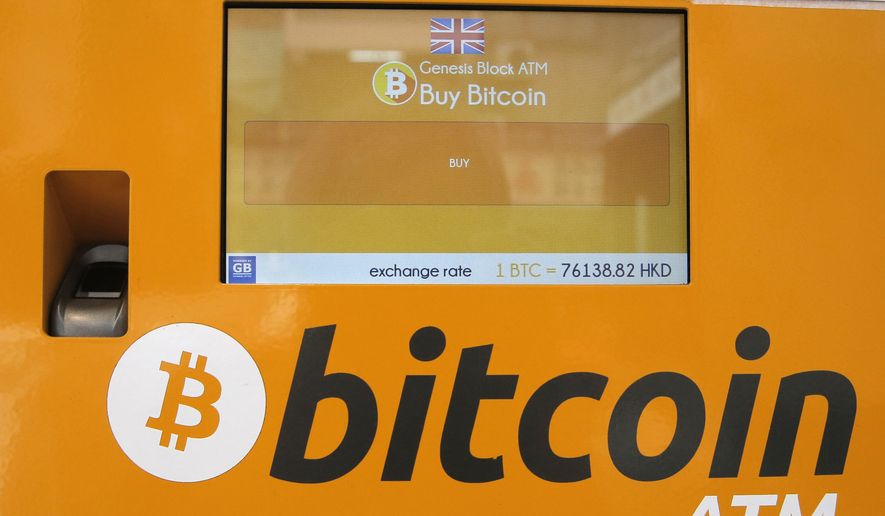The shadowy cryptocurrency bitcoin is alleged to have played a vital role in allowing Russian intelligence officers to hack into the computer networks of the Democratic National Committee and Hillary Clinton presidential campaign in 2016, according to the latest indictment from special counsel Robert Mueller’s investigation.
“Although the conspirators caused transactions to be conducted in a variety of currencies, including U.S. dollars, they principally used bitcoin when purchasing servers, registering domains, and otherwise making payments in furtherance of hacking activity,” the 11-count indictment notes.
Announced Friday by Deputy Attorney General Rod Rosenstein as part of the overall Mueller Russian election meddling probe, the indictment charges 12 Russian intelligence officers with hacking offenses including attempting to break into state boards of elections and other government agencies, conspiracy against the U.S. and money laundering.
Explaining the alleged plot to comprise DNC and Clinton campaign computers, Mr. Rosenstein described how Russian efforts began with a “spearphishing” campaign in 2016 targeting DNC and Clinton campaign volunteer and employees, including campaign chairman John Podesta.
The indictment alleges a much broader, labyrinthine plot that stretched around the world and included servers in Malaysia, hundreds of fake email addresses, malicious hacking software, and other nefarious means.
And at the center of the Russian operative’s ability to keep payments secret — bitcoin.
“Many of these [bitcoin] payments were processed by companies located in the United States that provided processing services to hosting companies domain registers, and other vendors both international and domestic,” the indictment says.
“The use of bitcoin allowed the Conspirators [Russian intelligence officers] to avoid direct relationships with traditional financial institutions, allowing them to evade greater scrutiny of their identities and sources of funds,” it adds.
Fake identities and addresses associated with bitcoin activity helped “obscure their links to the Russian government” and including names like “Carrie Feehan” with an New York address or “nonsensical addresses like “usa Denver AZ” or “1 2 dwd District of Columbia.”
“The conspirators funded the purchase of computer infrastructure for their hacking activity in part by “mining” bitcoin,” the indictment said, referencing the process which verifies the cryptocurrency.
Bitcoin was also alleged to have been used to support the illusion of the fictitious online persona “Guccifer 2.0” — the name associated with the public release of the thousands of stolen DNC and Clinton campaign emails and other documents — which started in June 2016.
Last year, bitcoin’s value went on a wild ride, soaring more than 1,500 percent from $1,000 to almost $20,000 before before a massive drop in December. Economists were extremely wary of the market surge and called it an extraordinary speculation bubble.
The currency exists without the backing of a central bank or government and while the underlying mechanism which supports it — blockchain technology — has been heralded for a myriad of positive uses, bitcoin itself has long existed under a shadow of suspicion for its association with criminal ventures, including money laundering and drugs trafficking.
In January, Russian President Vladimir Putin authorized officials in Moscow to create a digital currency, or “cryptoruble,” that uses technology similar to bitcoin and could evade sanctions, according to reports.
• Dan Boylan can be reached at dboylan@washingtontimes.com.




Please read our comment policy before commenting.